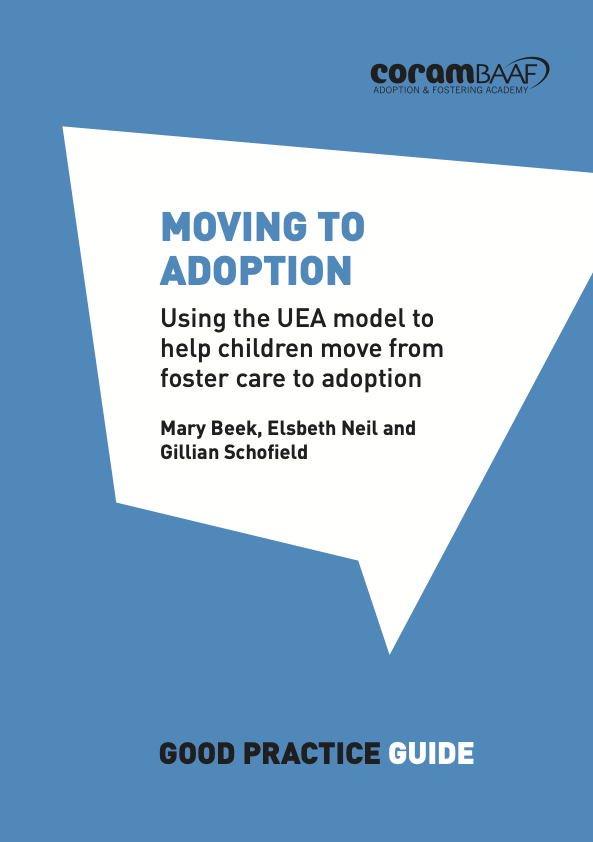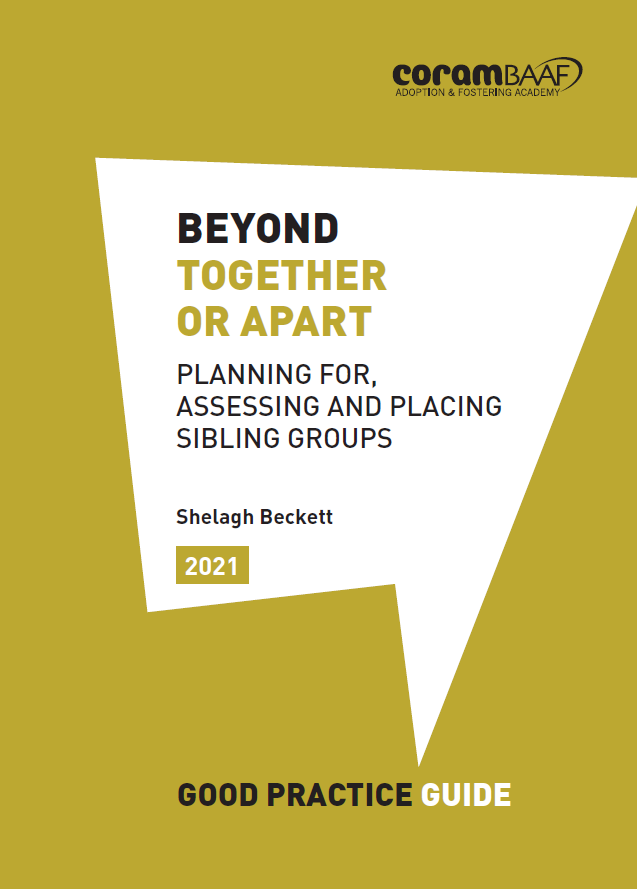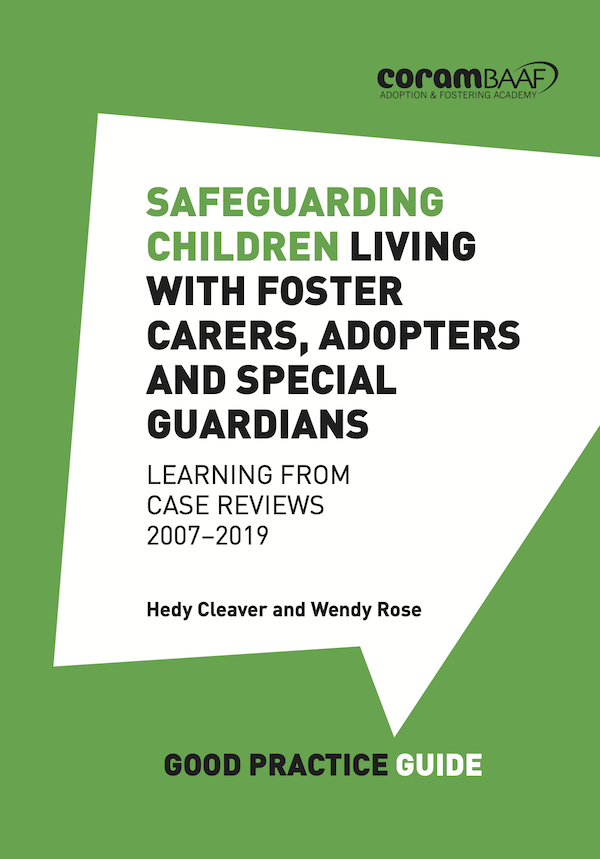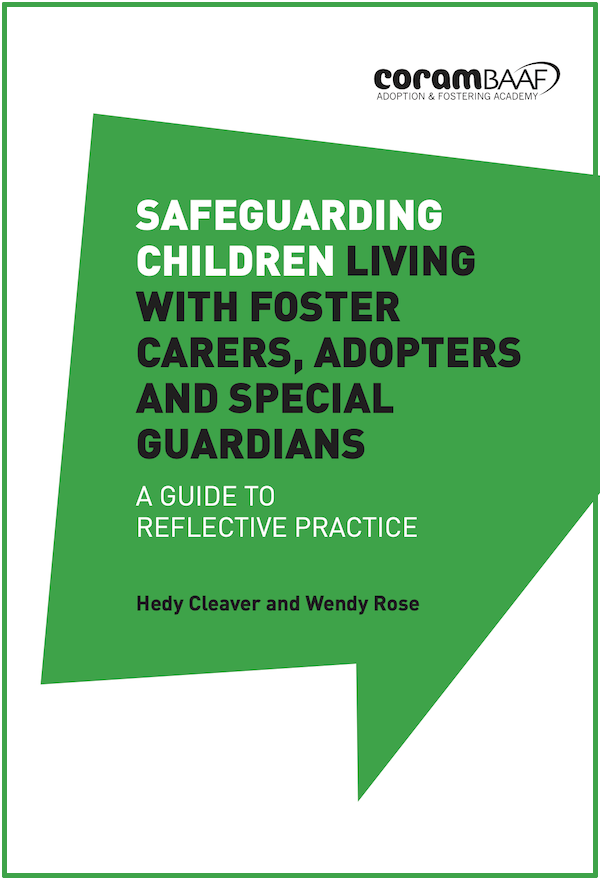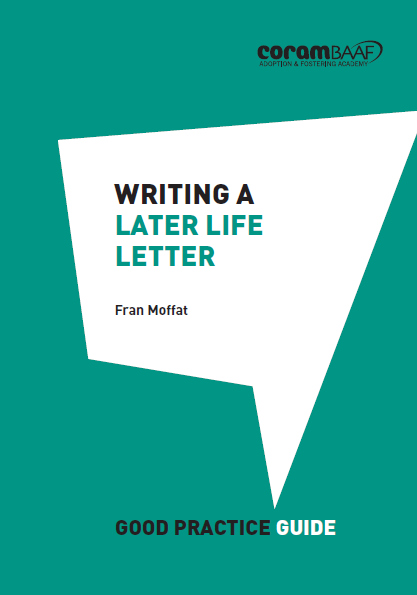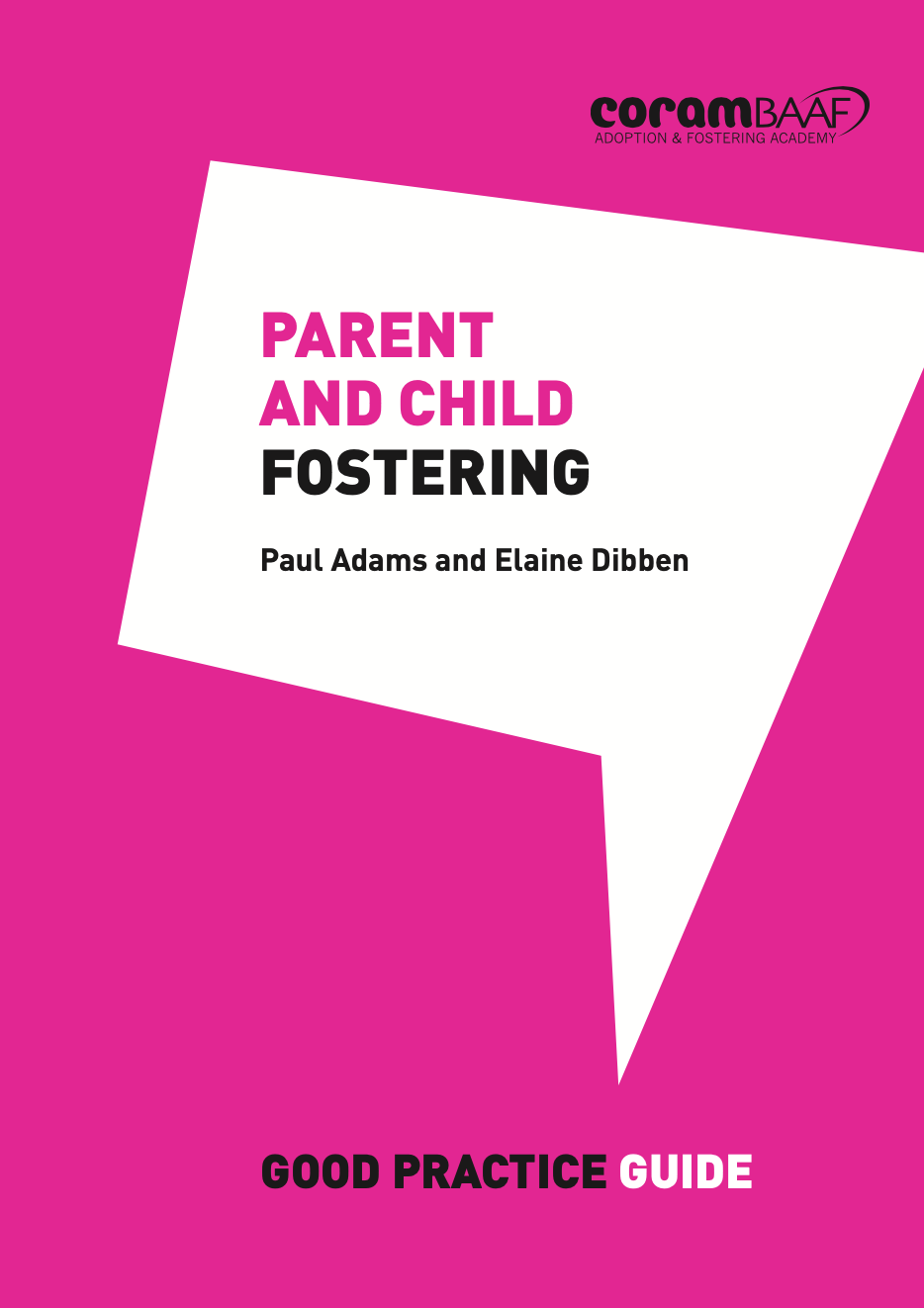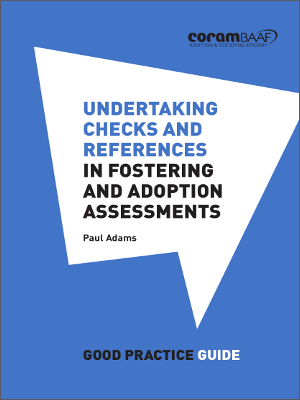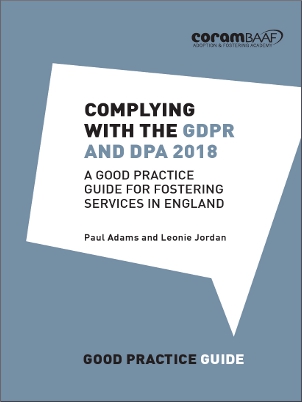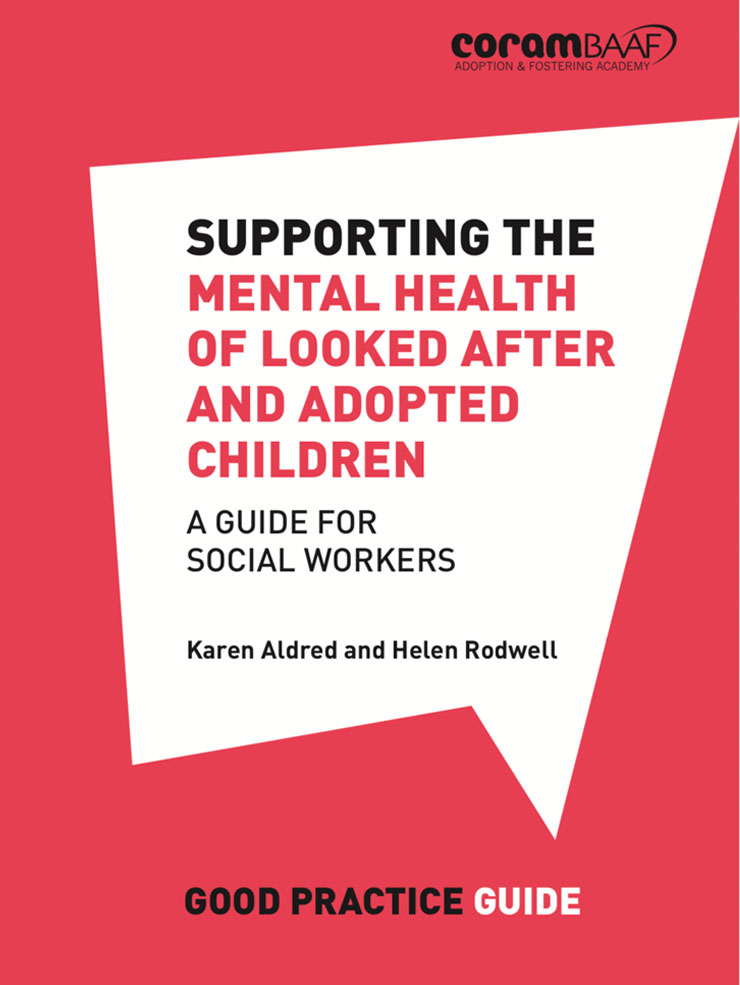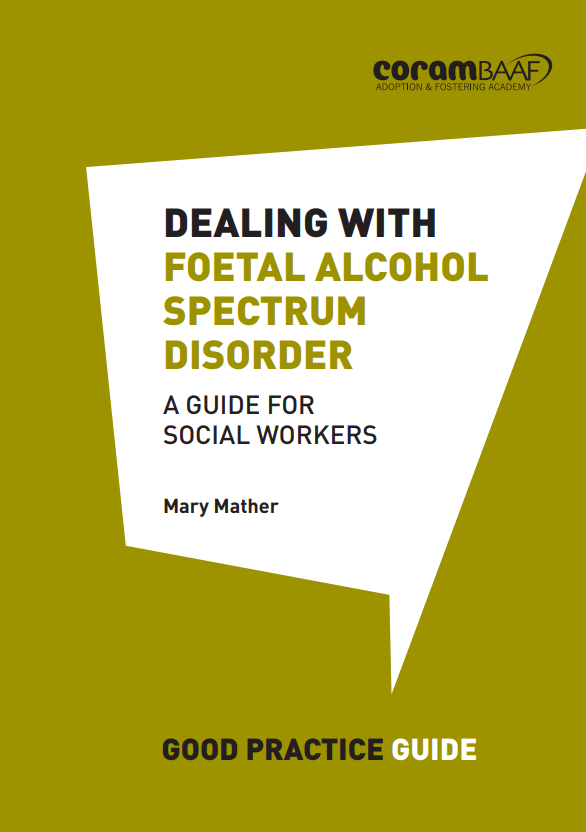Moving to Adoption
| Mary Beek, Elsbeth Neil and Gillian Schofield
This guide introduces an authoritative practice model for supporting children’s moves from their foster family to their adoptive family – the University of East Anglia (UEA) Moving to Adoption model. Drawn from a two-year practice development project, the UEA model promotes sensitive practice that is responsive to the child’s needs.

